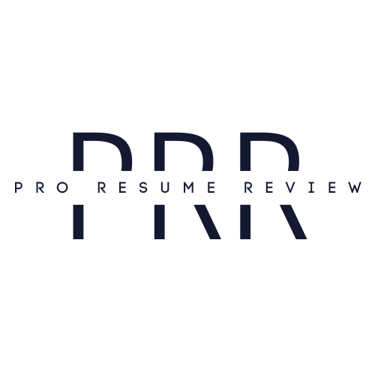Starting a new job feels big—and seeing that first paycheck hit your account? Kind of amazing. But once you check your account balance, reality sets in:
“Wait... I thought I made more than this?”
Don’t stress. That confusion is common. Your paycheck isn’t just money in → money out. It’s a mix of earnings, taxes, and behind-the-scenes deductions that most people aren’t taught about. So let’s break it down.
💼 Gross Pay vs. Net Pay (aka: Why You Got Less Than You Expected)
Imagine you're earning $20/hour and worked 40 hours this week. That’s $800 in gross pay—the total before anything gets taken out.
But when payday comes, your account says you got $600. That’s your net pay, or what actually lands in your account after taxes and deductions.
It’s not a scam—it’s just how the system works.
🧾 Why Taxes Eat a Chunk of Your Paycheck
Even if you never signed up for anything, part of your paycheck goes to the government. Every. Single. Time.
Here’s what’s usually taken out:
Federal Income Tax – Based on how much you make + what you filled out on that W-4 form when you got hired
State Income Tax – Depends on your state (some don’t have it)
Social Security – Pays into a fund that supports retirees + disabled folks (including future you)
Medicare – Helps cover healthcare for people 65+ or with disabilities
👉 FYI: Your employer doesn’t keep this money—it goes straight to the government automatically.
🧠 Other Things That Might Show Up on Your Pay Stub
Your paycheck may include more than just taxes and pay. Here’s a quick decode:
Withholding – Total tax money pulled from your paycheck
Deductions – Stuff like health insurance, retirement savings, or commuter benefits
Direct Deposit – When your money goes straight to your bank (no paper checks)
W-2 – A form you get once a year that shows what you earned + what was taxed (you’ll use it to file taxes)
🩺 What About Benefits?
If your job offers extras, like health insurance or a 401(k), those might show up as deductions too:
401(k) – A way to save for retirement before taxes hit your income (some jobs even match what you put in 💰)
Health Insurance – Your share of the premium may come out of each check
Other Perks – Think gym memberships, life insurance, or commuter passes—tiny deductions that can add up
👀 Check Your Pay Stub (Seriously)
We get it—it’s tempting to ignore. But give it a quick glance every so often:
Are your hours and rate correct?
Does anything look off?
Are you being charged for benefits you didn’t sign up for?
If you have questions, talk to HR or payroll. That’s literally what they’re there for.
🧾 Bottom Line:
Your paycheck isn’t just “what you get paid.” It’s a mix of what you earn, what’s taken out, and what’s being invested in your future. Once you understand it, you’ll feel way more in control of your money—and your career.
Hey New Grads — Ready to Nail Your Next Interview?
Download 5 Interview Tips Every New Grad Should Know — FREE Guide Here!
Learn what recruiters actually want to hear—and how to prep smarter without burning out.


